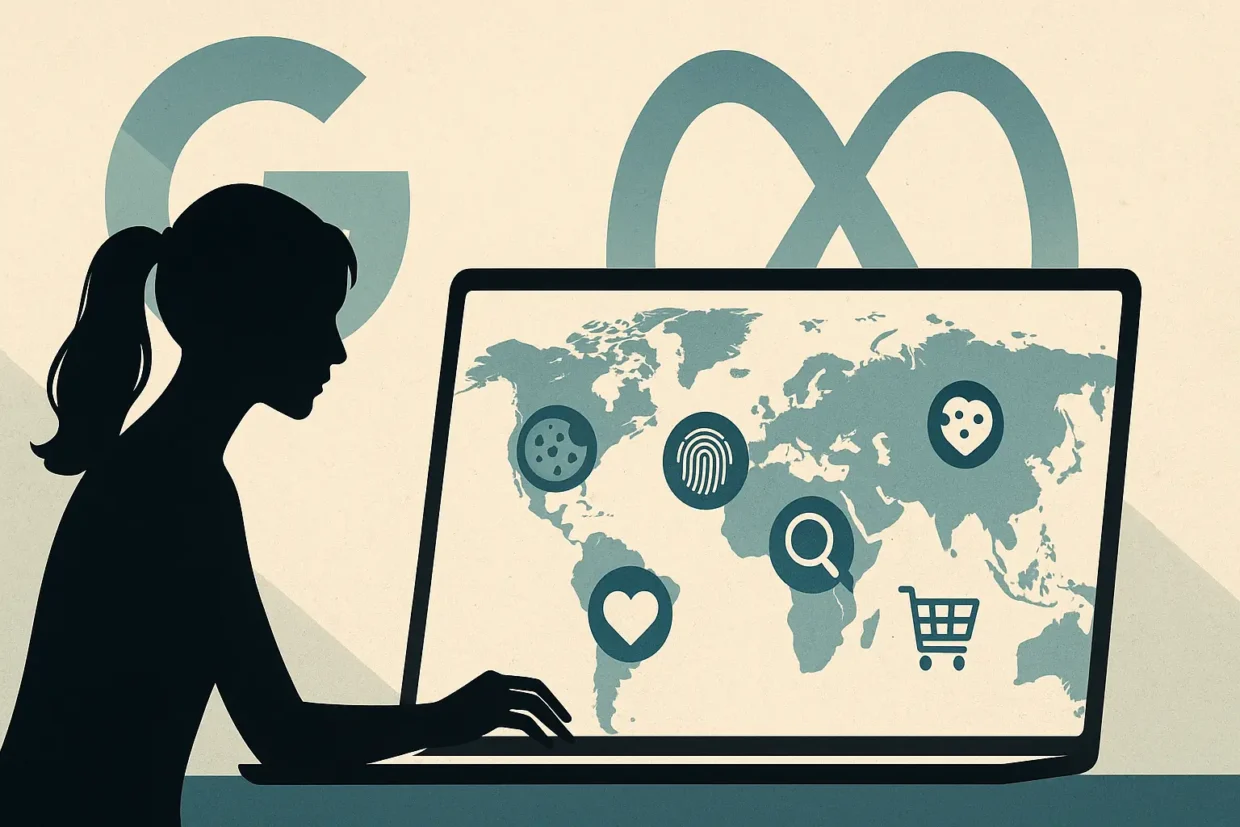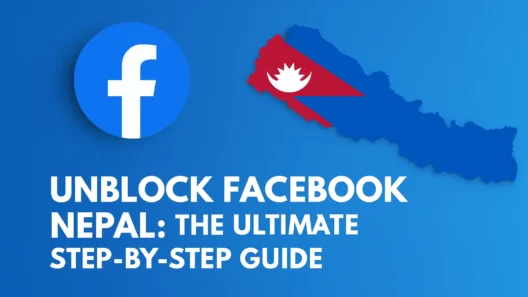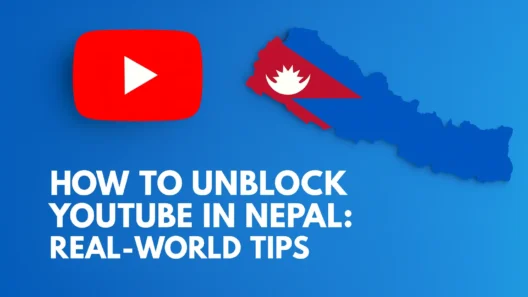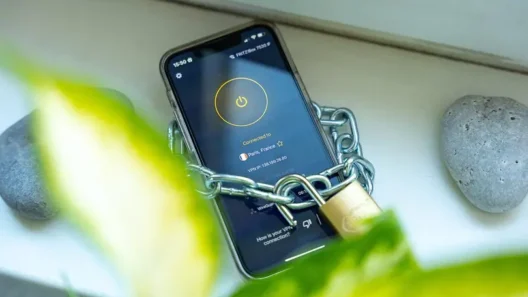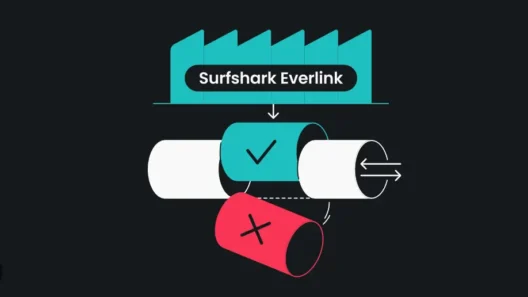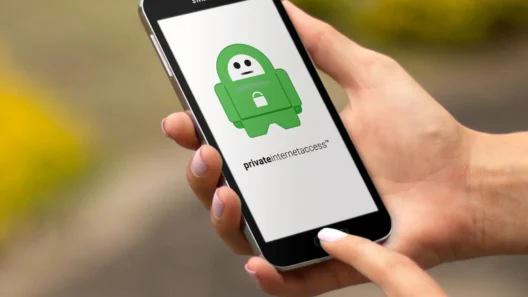Have you ever had that creepy feeling? You’re chatting with a friend about finally taking that trip to Bali, and the next day, your Instagram feed is a perfectly curated dream board of Bali villas and flight deals. You search for a new anti-aging serum, and suddenly, that exact brand follows you across the internet like a persistent ex.
This isn’t a coincidence, and your phone isn’t listening to your conversations. It’s something far more sophisticated. It’s the result of the most powerful surveillance system ever created, run by tech giants like Google and Meta (the parent company of Facebook, Instagram, and WhatsApp).
There’s a fundamental truth about the modern internet we need to accept: If you’re not paying for the service, you are the product being sold. With these platforms, your data, your attention, and your habits are the real currency. And the customers? They’re the advertisers eager to buy a piece of you.
Digital Breadcrumbs: How They Follow You Across the Internet
The idea that Google only tracks you on Google or Facebook only on Facebook is a comforting myth. The reality is that their tracking network extends to almost every corner of the web. They do this primarily with two clever tools:
1. Tracking Cookies
Think of a cookie as a tiny, invisible stamp on your digital passport. When you visit an online store to look at a pair of sandals (one that uses Meta’s ad network), you get a little stamp that says, “Interested in sandals.” Later, when you’re browsing a news site or a recipe blog, the ad space on that site sees your stamp and immediately shows you ads for those exact sandals.
This process repeats across millions of websites, allowing them to build a detailed travelogue of your online journey. You leave a trail of digital breadcrumbs, and they have a dedicated team sweeping them up.
2. Tracking Pixels
This is even more subtle. A tracking pixel is a tiny, invisible 1×1 image embedded on a website or in an email. When the page loads or you open the email, this microscopic spy sends a signal back home to Meta’s or Google’s servers. It reports back, “Hey, the user with this passport stamp just visited this page, added an item to her cart, or completed a purchase.”
For advertisers, it’s proof that their campaign is working. For the tech giants, it’s another crucial piece of the puzzle that is you.
Assembling the Puzzle: The Creation of Your Digital Twin
A single piece of data isn’t that revealing. But the magic—and the danger—is in how they combine everything. Google and Meta are masters at assembling these puzzle pieces to create a startlingly accurate digital profile of you, a kind of marketing avatar.
This profile includes Your:
- Demographics: Age, gender, location, language, relationship status, whether you have children.
- Interests: The pages you follow, the groups you join, the videos you watch, the articles you read, the aesthetics that appeal to you.
- Purchasing Habits: What you search for, what you click on, what you almost bought, your preferred brands, your price range.
- Life Events: Are you searching for wedding dresses? Researching mortgages? Looking up pregnancy symptoms? Your online activity often reveals major life changes before you’ve even announced them.
- Beliefs and Values: Based on the news sources you trust, the causes you support, and the content you engage with.
The result is a profile that allows advertisers to target women with chilling precision.
“Show this ad to women aged 28-35, living in London, who are interested in sustainable fashion AND have recently searched for yoga retreats.”
For these platforms, that’s not a challenge; it’s just another Tuesday.
How to Fight Back: Your Toolkit for Reclaiming Privacy
Feeling exposed? You don’t have to be. You have the power to disrupt this system. It’s not about one magic button, but about building layers of defense to protect your digital self.

1. Start at the Source (Your Account Settings)
Your first stop should be the privacy and ad settings within your Google and Facebook accounts. Take a deep dive.
You can limit how they use your activity to personalize ads. While this won’t stop the data collection entirely, it’s like telling them, “You can look, but you can’t use it against me in this way.”
2. Hire a Bodyguard (Tracker Blockers)
Install a browser extension like uBlock Origin or Privacy Badger. Think of these as your personal security detail. They actively prevent most tracking cookies and pixels from even loading on the pages you visit. This is one of the most effective shields you can employ.
3. Switch Your Ride (Use a Better Browser)
Google’s Chrome browser is, unsurprisingly, not designed with your privacy as its top priority. Consider switching to privacy-focused browsers like Brave, which has a built-in ad and tracker blocker, or Firefox, which offers Enhanced Tracking Protection.
4. Wear a Disguise (The Role of a VPN)
Even if you block cookies, your IP address—a unique identifier for your internet connection—still gives away your approximate location and acts as another way to track you. This is where a VPN (Virtual Private Network) becomes your best friend.
A VPN masks your real IP address and replaces it with one from its own servers. To the trackers, you suddenly look like you’re in a different city or country, making it much harder to connect the dots and build a consistent profile of you. It beautifully muddies the waters.
| My 5 Best VPN | Offer + Discount | URL |
|---|---|---|
| NordVPN | 77% off + 3 months free | Try NordVPN |
| ExpressVPN | 73% off + 6 months free | Try ExpressVPN |
| SurfShark | 87% off + 2 months free | Try SurfShark |
| CyberGhost | 83% off + 2 months free | Try CyberGhost |
| PIA VPN | 82% off + 2 months free | Try PIA VPN |
Conclusion: Take Back Your Narrative
It’s easy to feel resigned to this reality, to accept that being the product is just the price we pay for “free” platforms. But we don’t have to. You don’t need to delete your accounts and retreat from the digital world.
Instead, you can practice what I call “digital hygiene.” Every tracker you block, every privacy setting you adjust, and every time you connect through a VPN is an act of reclaiming your agency.
It’s a quiet declaration that your life, your interests, and your vulnerabilities are not for sale. It’s about taking back control of your own story.
Frequently Asked Questions (FAQ)
Why should I care about tracking if I have nothing to hide?
Privacy isn’t about hiding things; it’s about control. You wouldn’t leave your front door unlocked. Your data can be used for manipulation or exposed in a data breach, even if you’ve done nothing wrong.
Is it even legal for companies to collect so much data about me?
Yes, it’s legal because you agreed to their Terms of Service. Regulations like GDPR help but don’t stop data collection. Remember, what’s legal for them isn’t always safe for you.
So, is a VPN enough to make me 100% anonymous?
No, 100% anonymity is a myth. A VPN is a key tool that hides your activity from your ISP and masks your IP address. However, the moment you log in to any service (like Google), it knows it’s you.
Won’t a VPN significantly slow down my internet?
With quality paid VPNs, the slowdown is minimal and often unnoticeable for streaming or browsing. Significant speed issues are almost always caused by unsafe and unreliable free VPNs.








